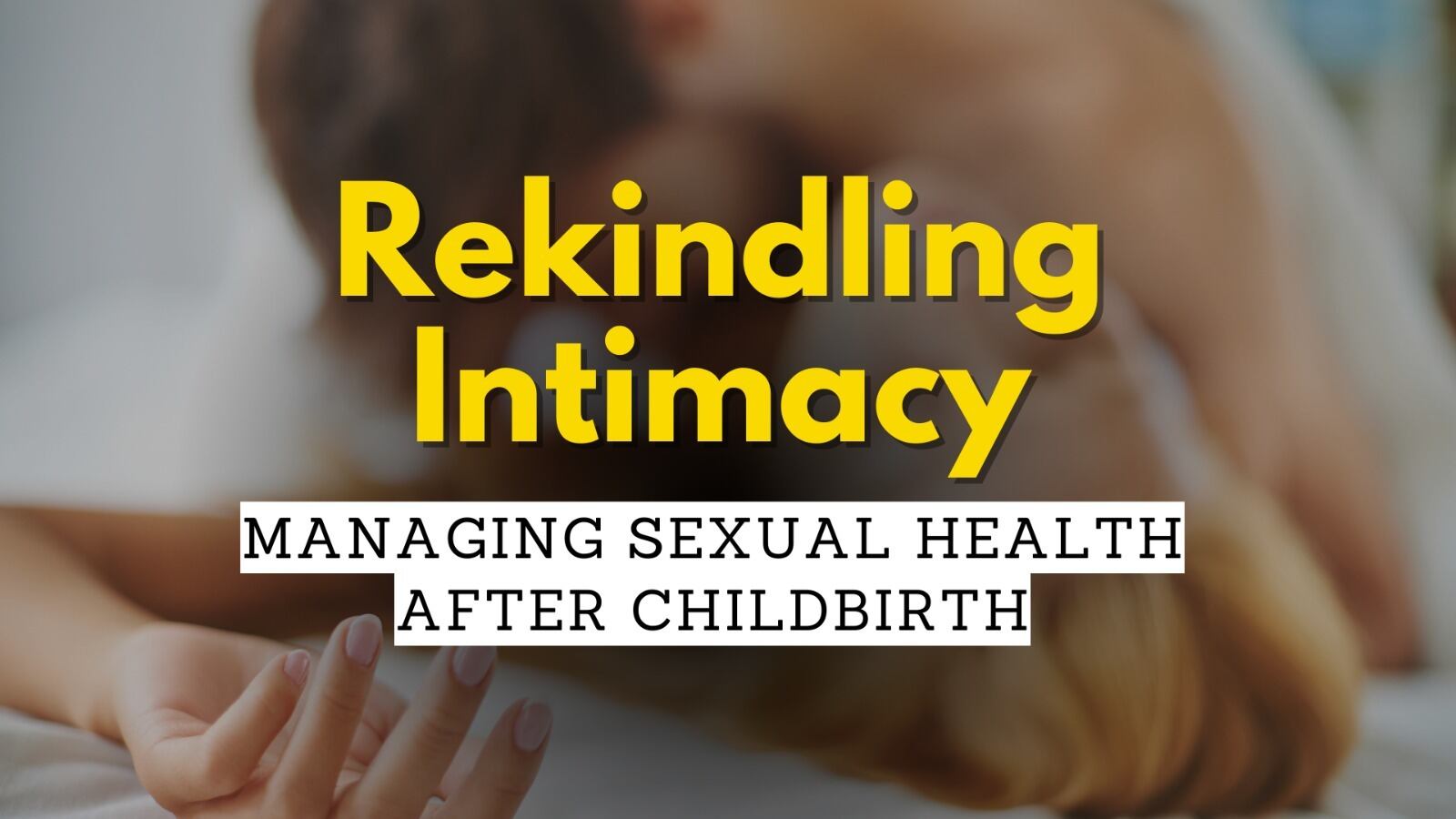Introduction
The birth of a child brings immense joy along with significant adjustments to a couple’s life, including their intimate relationship. Physical recovery, hormonal changes, fatigue, and the psychological adjustments to parenthood can all influence sexual desire and satisfaction. Recognizing and addressing these issues is crucial for the well-being of both partners.
Causes of Sexual Issues After Childbirth
- Physical Changes: After childbirth, many women experience physical discomfort that can make sexual activity painful. Common issues include hormonal fluctuations, vaginal dryness, and perineal tears.
- Hormonal Variations: Postpartum hormonal shifts can decrease libido. For breastfeeding mothers, elevated prolactin levels suppress estrogen production, which affects vaginal lubrication and sexual desire.
- Fatigue: Sleep deprivation is almost inevitable with a newborn and can significantly decrease sexual desire in both partners.
- Emotional and Psychological Factors: Emotional changes, including postpartum depression or anxiety, can also affect one’s sexual health. The psychological adjustment to the role of being a parent might also shift the dynamics in a relationship.
- Body Image: Many women experience changes in their body image postpartum, which can affect their confidence and desire to engage in sexual activity.
Solutions and Treatments
Open Communication
Encourage open and honest communication between partners about their needs, expectations, and feelings. This can help in understanding each other’s experiences and developing a mutual approach to rekindling intimacy.
Gradual Reintroduction to Sexual Activity
Taking things slowly can be important. Starting with non-sexual forms of intimacy, like hugging, kissing, and cuddling, can help partners to reconnect emotionally and physically before engaging in sexual activity.
Consult a Healthcare Provider
Discussing physical discomfort with a healthcare provider is crucial. They can offer solutions for pain relief, such as recommending a suitable lubricant or estrogen therapy for vaginal dryness, and assess for complications like infections or hormonal imbalances.
Managing Fatigue
Sharing responsibilities around the care of the baby can help both partners get more rest. Consider enlisting the help of family or friends, or hiring help if possible, to allow for more restorative sleep.
Therapy
For persistent emotional or psychological issues, such as postpartum depression, consulting a mental health professional can be beneficial. Therapy can provide strategies to cope with changes, improve self-esteem, and strengthen the relationship.
Exercise and Nutrition
Engaging in regular physical activity and maintaining a nutritious diet can help improve overall health, boost energy levels, and enhance mood, all of which can contribute positively to sexual health.
Pelvic Floor Exercises
Pelvic floor exercises (like Kegels) can help strengthen the muscles affected by childbirth, improving control and reducing symptoms like incontinence that can interfere with sexual satisfaction.
Conclusion
Sexual issues after childbirth are common and can be managed with the right approaches and attitudes. Patience, communication, and professional advice are key to navigating this complex period in a couple’s life. Remember, it’s important for partners to support each other through these changes to maintain a healthy and fulfilling relationship.
This guide offers a starting point for couples facing these challenges and encourages them to seek tailored advice from professionals to address their specific needs effectively.


